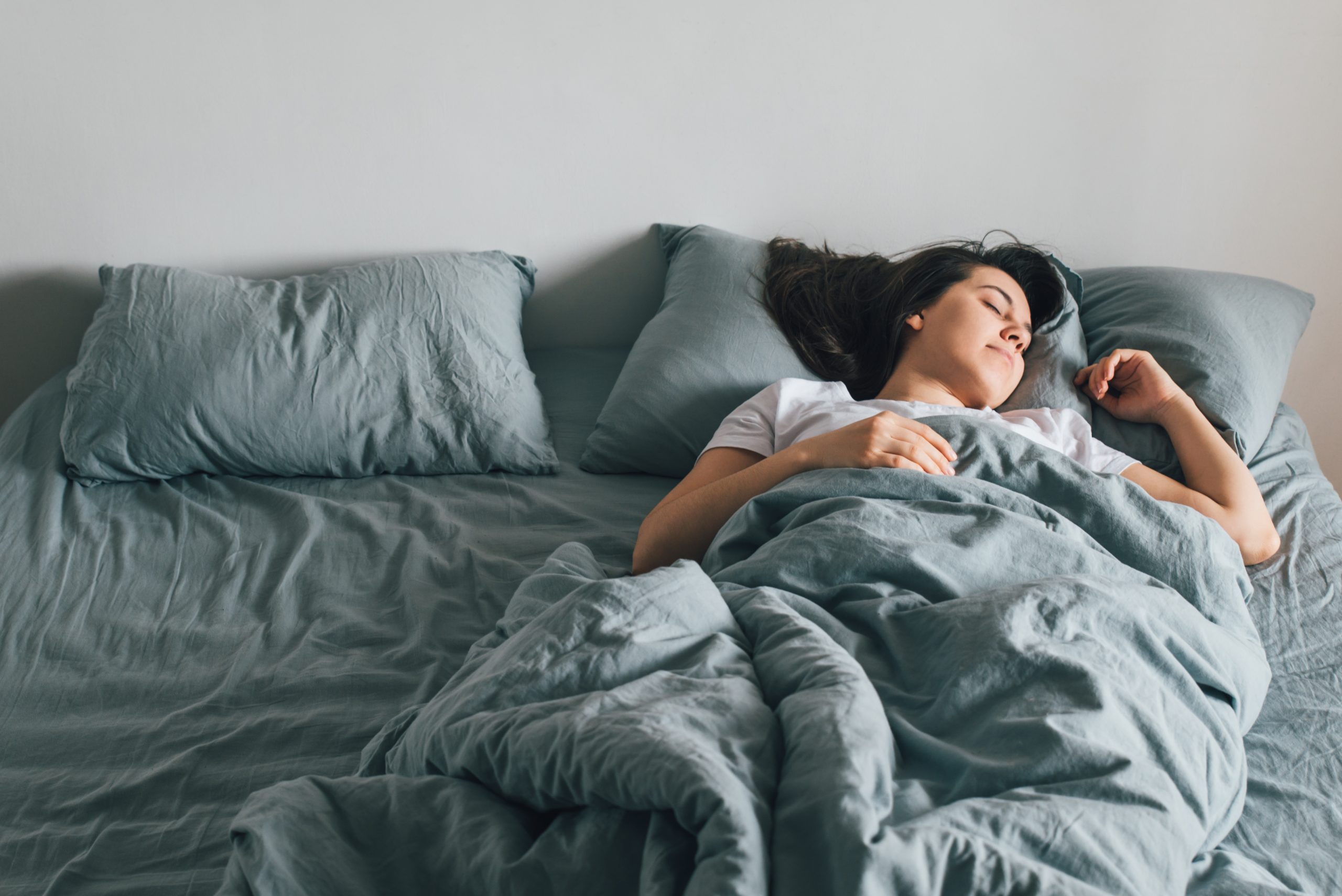
Sleep Awareness Week
Sleep Awareness Week aims to promote healthy sleep habits. The theme for 2022 is “be your best slept self.”
There are many factors that may interfere with one’s ability to fall asleep or stay asleep. However, there are steps you can take to help better your sleep. By improving your quality and length of sleep, you are improving your overall health.
The following are recommendations on how you can get a better night’s sleep:
Stick to a Schedule
Consistency is key when it comes to sleep. We recommend sticking to a sleep schedule. Try to maintain consistent wake up and bed times, even on weekends. According to the CDC, adults should aim to get 7 to 8 hours of sleep a night. Make sure you go to bed at a time that allows for you to get enough sleep.
Avoid Large Meals, Alcohol, and Caffeine Before Bed
Eating large meals before bed can make it hard for you to sleep due to discomfort. Caffeine consumption can be stimulating and also make it hard to fall asleep. In addition, even though alcohol makes some individuals feel tired, it can cause problems falling asleep or staying asleep.
GEt Physical
Exercise, even in small amounts, can help you sleep better at night. However, try to avoid exercising at night because it may be too energizing and create difficulties sleeping.
Avoid Electronics Before Bed
As you get ready for bed, try to avoid watching TV, scrolling on your phone, or staring at other screens. The blue light emitted from electronic screens may make it hard to fall asleep.
Manage Worries
Worries and stressors can often make it hard to fall asleep or stay asleep. Before you try to go to bed, we suggest making a list of things you need to do the next day or week. By writing down the tasks that are on your mind, you can set them aside for tomorrow.
Limit Naps
Taking naps during the daytime can make it hard for many to fall asleep at night. Try to avoid napping, or at least long naps.
Make Your BEdroom COmfortable
An important step towards quality sleep is having a comfortable bedroom. Try to keep your room dark, quiet, and at a temperature that you like. Being comfortable will help you fall asleep and stay asleep.
Contact Your Doctor
If you continue to experience difficulties sleeping, we recommend contacting your healthcare provider. They can help you create a sleep plan tailored to your individual needs.
Learn More
To learn more about Sleep Awareness Week and how to improve your sleep, we recommend the following resources:
National Sleep Foundation: https://www.thensf.org/sleep-awareness-week/
CDC: https://www.cdc.gov/sleep/about_sleep/sleep_hygiene.html
NAMI:https://www.nami.org/About-Mental-Illness/Common-with-Mental-Illness/Sleep-Disorders
Return to home page: https://nwmind-bodywellness.com/
Read more articles: https://nwmind-bodywellness.com/articles/








